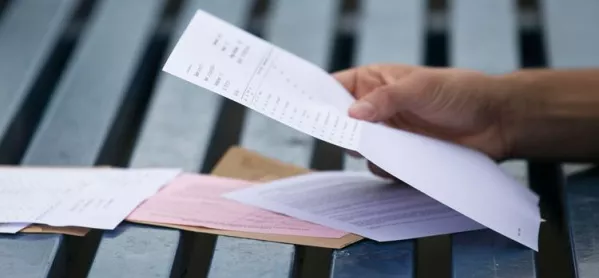Confusion over new GCSE pass grades deepened this afternoon, as the government revealed there would also be two separate “passes” for the English Baccalaureate - one for schools and another for pupils.
Today - with just seven weeks before exams begin - education secretary Justine Greening tried to provide “clarity” around the new numerical 9-1 grades for GCSEs.
She announced that grade 4 will be the “standard pass” and grade 5 - originally due to be a “good pass” - will be deemed a “strong pass”.
Now the Department for Education has told Tes that from this summer schools will be judged to have met the EBacc according to percentages of pupils who achieve grade 5s in English and maths.
But the situation will be different for individual pupils. “In terms of achieving the EBacc, a pupil will have done so if they get a 4 in English and Maths, not a 5,” a DfE spokesperson said.
The headline EBacc league table measure will be based on grade 5 but tables will also show the percentages of pupils achieving the EBacc with a grade 4 in English and maths although “this won’t be a headline measure”.
Mary Bousted, general secretary of the Association of Teachers and Lecturers, said: “To have two different levels - one accountability measure for schools and another for pupils - is nonsense.
“It also doesn’t clear up what a grade 4 and a grade 5 actually look like. Nobody knows.”
Dr Bousted added: “These qualifications have been rushed through without any of the required sampling and testing to ensure they are going to work.
“As a result, you get post-haste justifications and late-in-the-day clarifications about things that should have been clear from the start.”
Suzanne O’Farrell, curriculum and assessment specialist at the Association of School and College Leaders, added: “You can’t have a pupil achievement in EBacc with a 4 and a school achievement in EBacc with a 5. That seems a bit confusing.”




